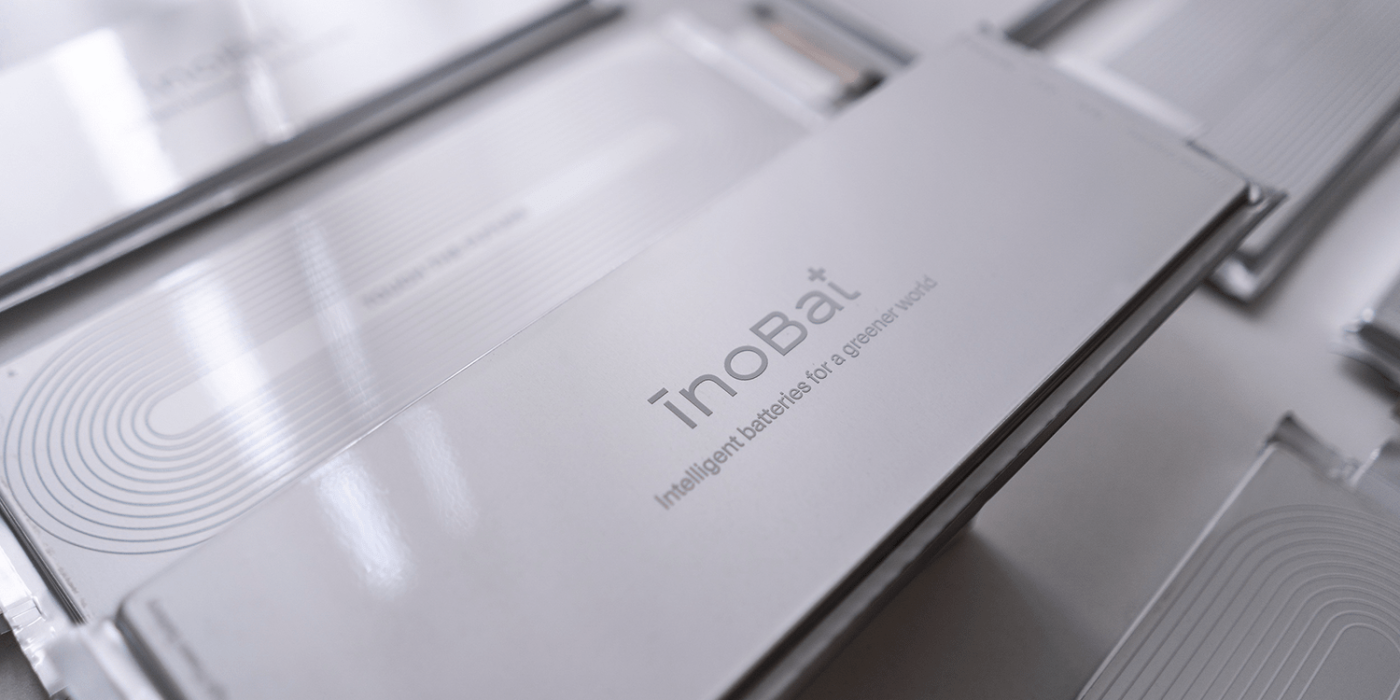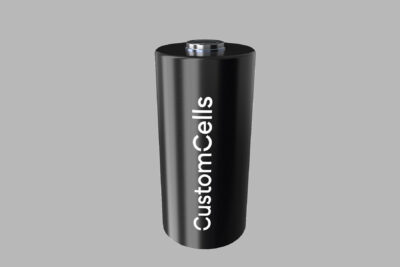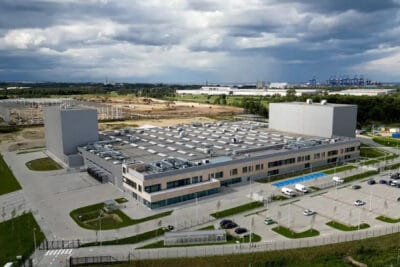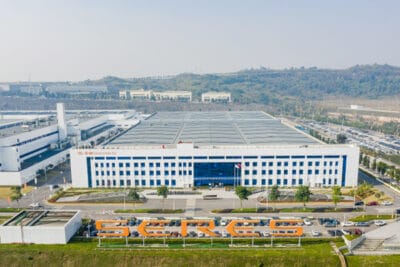Rio Tinto invests in InoBat
Mining group Rio Tinto is investing in Slovakian battery company InoBat. The investment follows a memorandum of understanding signed by the two companies in May to build a value chain for the production and recycling of electric car batteries in Serbia.
The partners did not disclose the amount of the investment. In a company statement, Rio Tinto only states that the sum is intended to support the development of a battery ecosystem in Europe in general and the completion of InoBat’s research and development centre and pilot battery line in Voderady, Slovakia, in particular.
InoBat Auto’s goal is to provide customers with customised battery cells for their intended use – using high-throughput screening (a method from pharmaceutical research) and artificial intelligence, the company wants to find the individually suitable cell chemistry in each case. The Slovakians have customers from the passenger car, commercial vehicle, motorsports and aerospace sectors in mind as potential customers.
As reported, the company is developing its first research centre and a 100 MWh production line for AI-controlled batteries in Voderady, Slovakia, and is also planning to build a 10 GWh gigafactory. Rio Tinto’s latest announcement also states that InoBat is actively pursuing “plans to build a number of gigafactories, including one in Serbia“.
The cooperation between the mining group and the battery developer, which was launched on the basis of a memorandum of understanding in May, is intended to cover the entire life cycle of lithium, from raw materials to recycling. The focus is on Rio Tinto’s Jadar project in Serbia, which is also described in detail in the current communication. According to the mining company, this is one of the largest lithium projects currently under development “on a greenfield site” – i.e. in largely untouched nature. It should be possible to produce up to 55,000 tonnes of battery-grade lithium carbonate there.
Jadar is located southwest of Belgrade in the border region to Bosnia and Herzegovina. However, Rio Tinto does not yet have the permits to realise the planned plant. If the plant is approved, the construction of the mine would take up to four years, according to earlier information from Rio Tinto. The scale and high quality of the Jadar deposit offered the potential to “position Rio Tinto as the largest supplier of lithium in Europe for at least the next 15 years”, the company wrote.
Marnie Finlayson, managing director of Rio Tinto’s battery materials business, also commented on the investment, saying that it looked forward to “benefitting from a broader perspective of the battery materials sector, as well as insights into future battery chemistries and technologies”.
Marian Bocek, CEO of InoBat Auto, emphasises that his company’s goal has always been to provide solutions for the entire value chain – “a cradle-to-cradle approach that exemplifies the concept of the circular economy and supports Europe’s quest for technological independence”. He said he was looking forward to working side by side with Rio Tinto to further expand its production capacity and to work closely on the downstream development of a battery ecosystem centred on joint efforts to decarbonise.





0 Comments